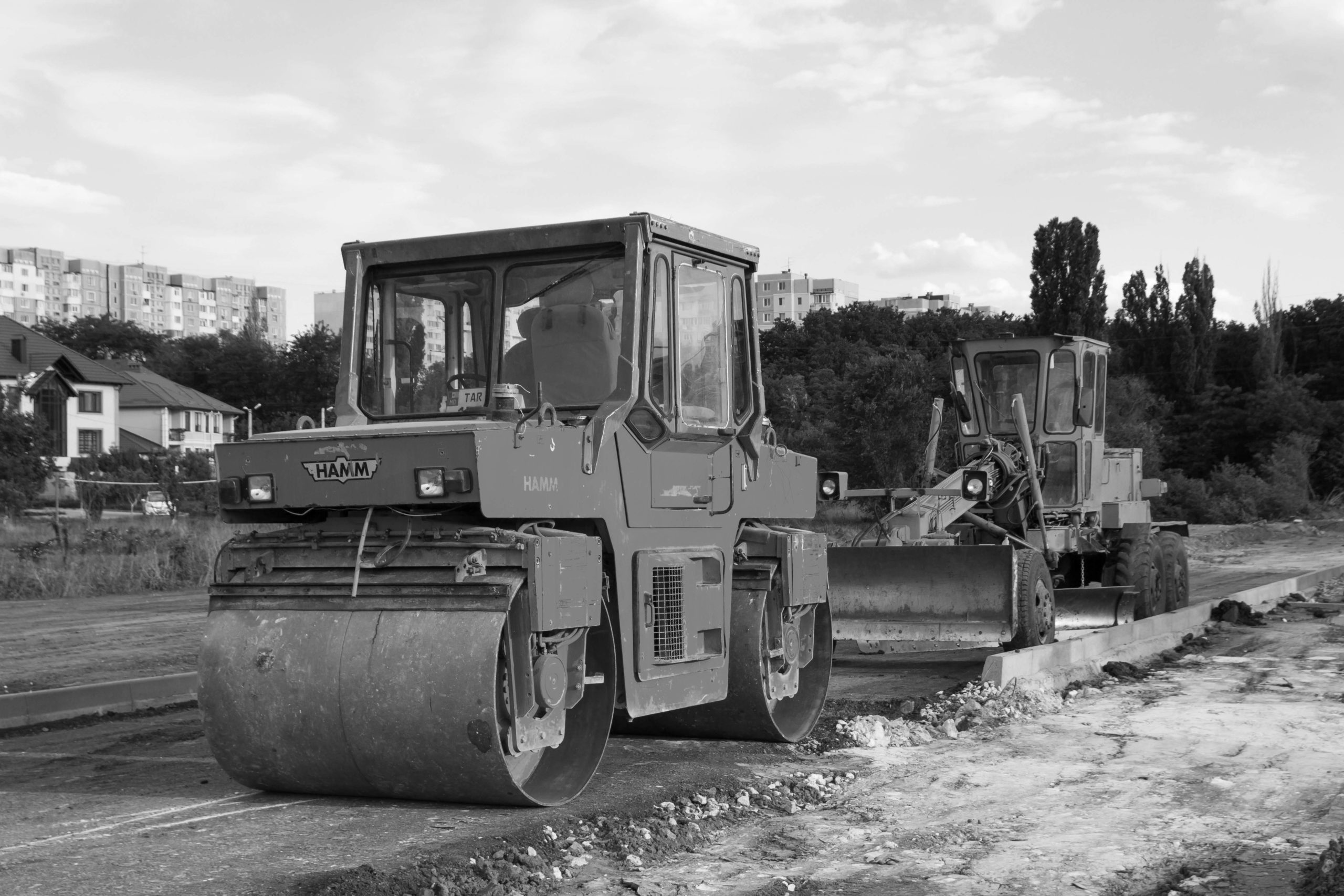Is Your Force Majeure or Unavoidable Delay Notice Ready?
As the novel coronavirus, known as COVID-19, and the associated illness spreads around the world and the number of confirmed cases in the United States rises, disruptions to construction projects are inevitable. These disruptions may come from any number of factors, including direct illness to construction site personnel, voluntary office closures for project professionals, whether they be project administrative staff, construction executives, or financing officers, government-imposed closures or quarantines, travel restrictions, logistical and supply chain interruptions, and even school closures.
What is not certain, however, is the actual impact on your project. Even as state, local, and federal officials act to constrain the spread of COVID-19, no one can tell us how long we will be working from home or trying to maintain our social distance. How many people will not make it to the site any given day? When, if at all, will you be forced to shut down? When will they return? Will the next shipment of rebar or CMU make it on time? Will there even be anyone to accept and store it – and can that be done safely – when it does arrive? Additionally, will the systems and people be in place to approve and fund requisitions.
With these questions, and a seemingly infinite supply of more, unanswered, now is a crucial time for suppliers, subcontractors, prime contractors, and owners to make sure that they have (1) opened initial discussions with their project partners, including lenders, outlining project schedule concerns and (2) prepared formal notice of force majeure events for delivery when actual delays finally hit OR are sending your formal notice now if the contract requires it.
Key to responding to these factors and protecting your interests is a thorough review of all your contracts and insurance agreements: these will guide you through the required substance and timing of any notice, and to whom it must go. For example, Article 15 of an unedited AIA A201-2007/2017 requires notice of a claim for extension of time be submitted within 21 days after the later of the event giving rise to the claim or the date the event/condition is identified. However, a non-standard construction form or any ancillary agreement such as a financing agreement may have much shorter time periods for notice and may require significant detail, such as detailed description of the event, expected time impact, expected cost impact, and/or efforts being taken to mitigate. Failing to include this information may waive your right to an extension of time.
Finally, as you prepare your formal notices force majeure / unavoidable delays / impossibility of performance as required by your contract(s), consider any drafting errors or ambiguities which may require – simply from an overly-cautious point of view – that you send an initial notice now recognizing the nature of the outbreak and its potentially disruptive effects and another when the effects are actually felt on the progress of your project.
As the law continues to evolve on these matters, please note that this article is current as of date and time of publication and may not reflect subsequent developments. The content and interpretation of the issues addressed herein is subject to change. Cole Schotz P.C. disclaims any and all liability with respect to actions taken or not taken based on any or all of the contents of this publication to the fullest extent permitted by law. This is for general informational purposes and does not constitute legal advice or create an attorney-client relationship. Do not act or refrain from acting upon the information contained in this publication without obtaining legal, financial and tax advice. For further information, please do not hesitate to reach out to your firm contact or to any of the attorneys listed in this publication.
Join Our Mailing List
Stay up to date with the latest insights, events, and more






